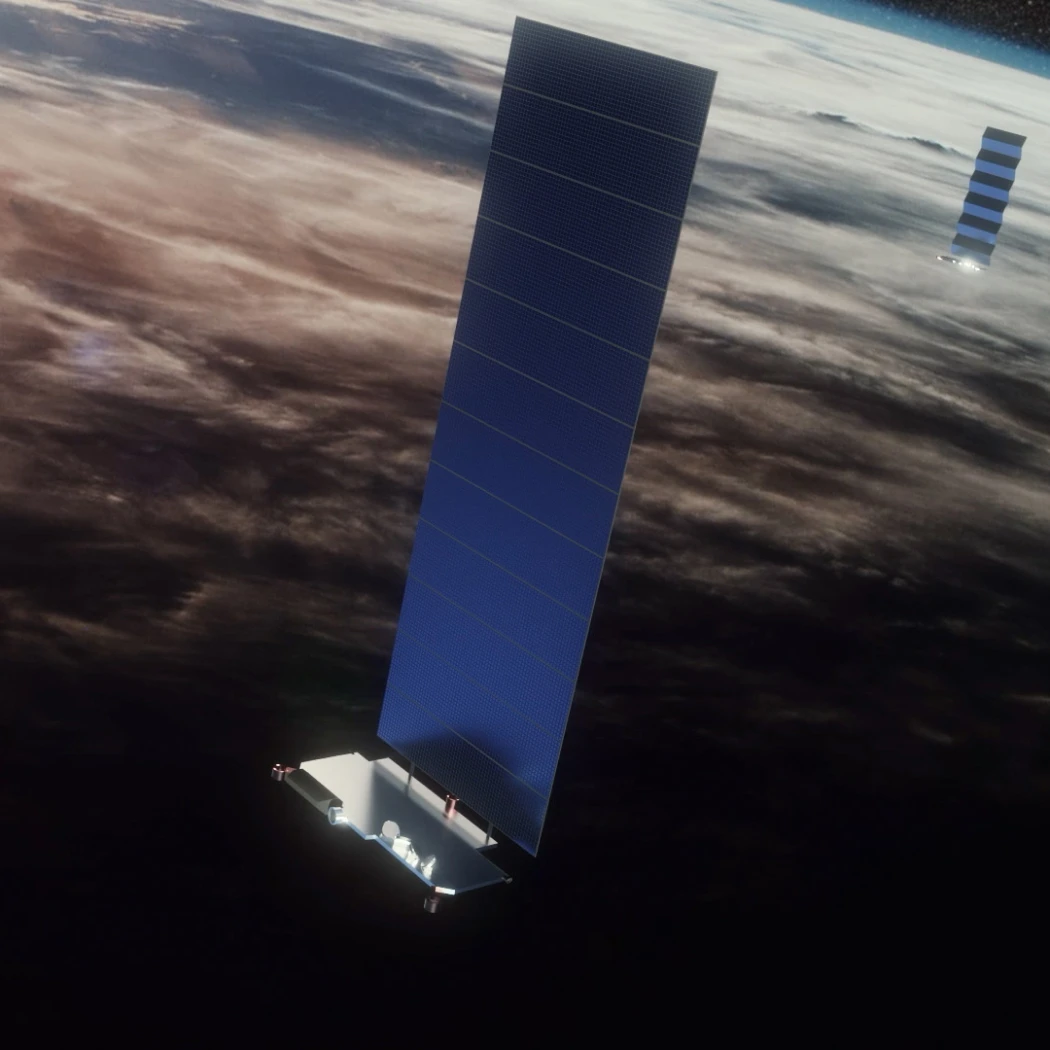
The Future of Space Economy: A New Frontier for Entrepreneurs
As we continue to push the boundaries of human innovation, one industry is taking center stage in the quest for exploration, development, and economic growth: space economy. The future of this sector holds immense promise, with entrepreneurs, investors, and governments alike eager to capitalize on its vast potential. In this article, we’ll delve into the exciting world of space economy, exploring its current state, future prospects, and what it means for startups and entrepreneurs.
The Current State of Space Economy
Space economy refers to the activities that take place in outer space, including launch services, satellite manufacturing, asteroid mining, and space tourism. The industry has grown significantly over the past decade, with private companies like SpaceX, Blue Origin, and Virgin Galactic leading the charge.
Launch services have become increasingly efficient and affordable, thanks to advancements in rocket technology and reusability. Companies like Rocket Lab and Relativity Space are disrupting the traditional launch market with innovative approaches, while SpaceX’s reusable rockets have significantly reduced the cost of access to space.
Satellite manufacturing has also seen significant growth, with companies like Northrop Grumman and Boeing developing advanced satellite systems for a range of applications, from communication to Earth observation. The satellite industry is expected to reach $300 billion by 2027, driven by increasing demand for satellite-based services.
Asteroid mining is another emerging area of space economy, with companies like Planetary Resources and Deep Space Industries aiming to extract valuable resources from asteroids. While still in its infancy, asteroid mining has the potential to unlock new sources of rare earth minerals, water, and other valuable commodities.
Space Tourism: The Next Frontier
Space tourism has become a significant player in the space economy, with companies like Virgin Galactic and Blue Origin offering suborbital flights to tourists. These experiences are not only thrilling but also provide a glimpse into the possibilities of commercial space travel.
Virgin Galactic’s SpaceShipTwo, for example, is designed to take passengers to an altitude of 62 miles (100 kilometers) above the Earth’s surface, offering breathtaking views of our planet. Blue Origin’s New Shepard, on the other hand, has successfully flown test flights with tourists aboard, paving the way for commercial space travel.
Space tourism is expected to become a significant market, with estimates suggesting that the industry will reach $1 billion by 2025. This growth is driven by increasing demand from consumers willing to pay top dollar for the experience of flying to space.
The Role of Governments and Regulations
Governments play a crucial role in shaping the future of space economy. Regulatory frameworks are being developed to ensure safety, security, and environmental sustainability. The US government, for example, has established the Federal Aviation Administration (FAA) to regulate commercial space activities.
The European Space Agency (ESA) has also set up a dedicated agency to oversee the development of space infrastructure and policies. Similarly, China’s National Space Administration (CNSA) is investing heavily in space technology and infrastructure, aiming to become a global leader in the space economy.
Investment and Funding
Investment and funding are essential for driving innovation and growth in the space economy. Venture capital firms like Sequoia Capital, Andreessen Horowitz, and Google Ventures have committed significant resources to space startups.
Crowdfunding platforms like Kickstarter and Indiegogo have also enabled entrepreneurs to raise funds from a large pool of potential backers. Space-focused incubators and accelerators like Space Angels Investment and Y Combinator are providing support and resources to early-stage space startups.
The Future of Space Economy
So, what can we expect in the future of space economy? Here are some key trends and predictions:
- Increased Commercialization: As technology advances and costs decrease, more companies will enter the space industry, driving commercialization and growth.
- Lunar and Mars Colonization: With private companies like SpaceX and Blue Origin aiming to establish human settlements on the Moon and Mars, we can expect significant investment in lunar and Mars colonization efforts.
- Space-Based Solar Power: Space-based solar power systems will become increasingly common, providing a clean and renewable source of energy for Earth.
- Asteroid Mining: Asteroid mining is expected to unlock new sources of rare earth minerals, water, and other valuable commodities, driving growth in the space economy.
- Space Tourism: Space tourism will continue to grow, with more companies offering suborbital flights and orbital destinations.
Challenges and Opportunities
While the future of space economy holds immense promise, there are also significant challenges to overcome. Some of these challenges include:
- Safety and Security: Ensuring the safety and security of spacecraft, astronauts, and personnel is a top priority.
- Environmental Sustainability: The space industry must prioritize environmental sustainability, reducing waste and minimizing its impact on Earth’s environment.
- Regulatory Frameworks: Governments must develop robust regulatory frameworks to ensure safety, security, and compliance with international standards.
Conclusion
The future of space economy holds immense promise for entrepreneurs, investors, and governments alike. As technology advances and costs decrease, we can expect significant growth and commercialization in the space industry. Space tourism, asteroid mining, lunar and Mars colonization, and space-based solar power are just a few examples of the exciting opportunities that lie ahead.
As we continue to push the boundaries of human innovation, it’s essential to prioritize safety, security, and environmental sustainability. With the right investments, funding, and regulatory frameworks in place, the future of space economy will be bright and promising for generations to come.
Key Players in the Space Economy
- SpaceX: Elon Musk’s private aerospace company is leading the charge in reusable rockets and commercial satellite launches.
- Blue Origin: Jeff Bezos’ private aerospace company is developing advanced launch systems, including its iconic New Shepard rocket.
- Virgin Galactic: Richard Branson’s space tourism company offers suborbital flights to tourists.
- Rocket Lab: The private aerospace company is developing a family of launch vehicles for small satellites.
- NASA: The US government agency is investing heavily in space exploration and development, with plans to return humans to the Moon by 2024.
Timeline of Space Economy Milestones
- 1969: First human moon landing achieved by NASA’s Apollo program.
- 2000s: Private companies like SpaceX and Blue Origin begin to emerge as major players in the space industry.
- 2010s: Space tourism becomes increasingly popular, with companies like Virgin Galactic offering suborbital flights.
- 2020s: Asteroid mining begins to take shape, with companies like Planetary Resources and Deep Space Industries leading the charge.
- 2030s: Lunar and Mars colonization efforts begin in earnest, with private companies like SpaceX and Blue Origin aiming to establish human settlements on the Moon and Mars.
Conclusion
The future of space economy is bright and promising, with entrepreneurs, investors, and governments alike eager to capitalize on its vast potential. As technology advances and costs decrease, we can expect significant growth and commercialization in the space industry. With the right investments, funding, and regulatory frameworks in place, the future of space economy will be exciting and transformative for generations to come.









